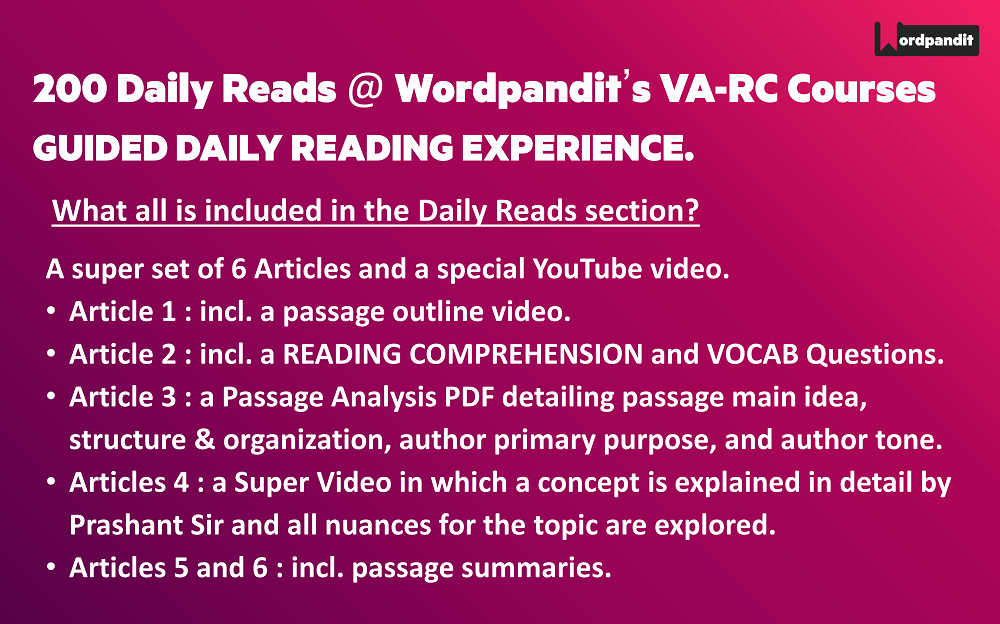Article Title: Why Did We Give Our Data to Facebook in the First Place?
Article Summary
This article talks about the Facebook data breach and touches on the topic of online security literacy. The author starts with how we willingly shared all our personal data, which we value so much, on Facebook. We do this on Facebook while, at the same time, we hold on so closely to passwords, credit card numbers, etc. Then she further talks about a survey which indicates that that most Americans online understand the requirements for a strong password and that they should not conduct sensitive transactions on public WIFI, but beyond that, their online security literacy drops significantly. She further gives examples and statistics to illustrate the same and also points on the fact that age does not decide which age group should know more about online security.
The author believes that our complicated relationship with Facebook is rooted in this gloomy understanding of online security and how the web works. She further talks about how Facebook was just first available to Harvard students before extending to high school students and then the general public. From the very beginning, the requirement for joining the site was rooted in transparency but through gradually widening circles of inclusion, Facebook normalized sharing facets of a person’s real identity.
Names by themselves don’t reveal the entire story about the person behind the screen, which is why the features that Facebook introduced were so important: the News Feed provided a glimpse of your everything from friends and family to where you checked in. All of these little glimpses of self were revealed so gradually that users paid little mind to what they were giving up. She believes that these features were meant to draw users in based on familiarity and the appeal of participation and this participation perpetuated a cycle of giving more of ourselves online, thus making psychological confirmation of our actions to validate our sense of belonging.
The author concludes that our habitual relationship with Facebook grew out of its ability to tap into these areas of satisfaction. By providing a consistent reward for our participation, Facebook became an everyday coping mechanism for the small attention grievances we experience in the daily course of life. She further talks about ‘deletefacebook’ trend on Twitter and also even if we don’t use Facebook too much, still our data is present on the net and also believes that Facebook has driven and continues to drive so much of our experience and understanding of the online experience that decoupling may be a more involved process than we understand at the moment.
Article Link: Click here to read the full article
Words to Learn from this article:
Murky: obscure or morally questionable.
Facets: a particular aspect or feature of something.
Gratification: pleasure, especially when gained from the satisfaction of a desire.
Aesthetic: concerned with beauty or the appreciation of beauty.
Want more Daily Reads? Explore here:










